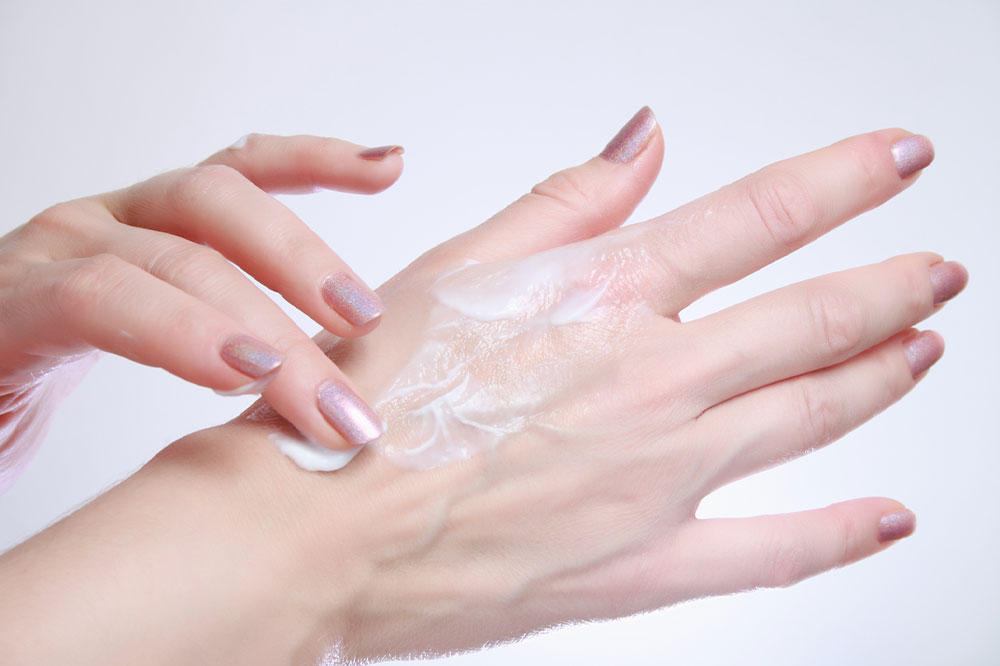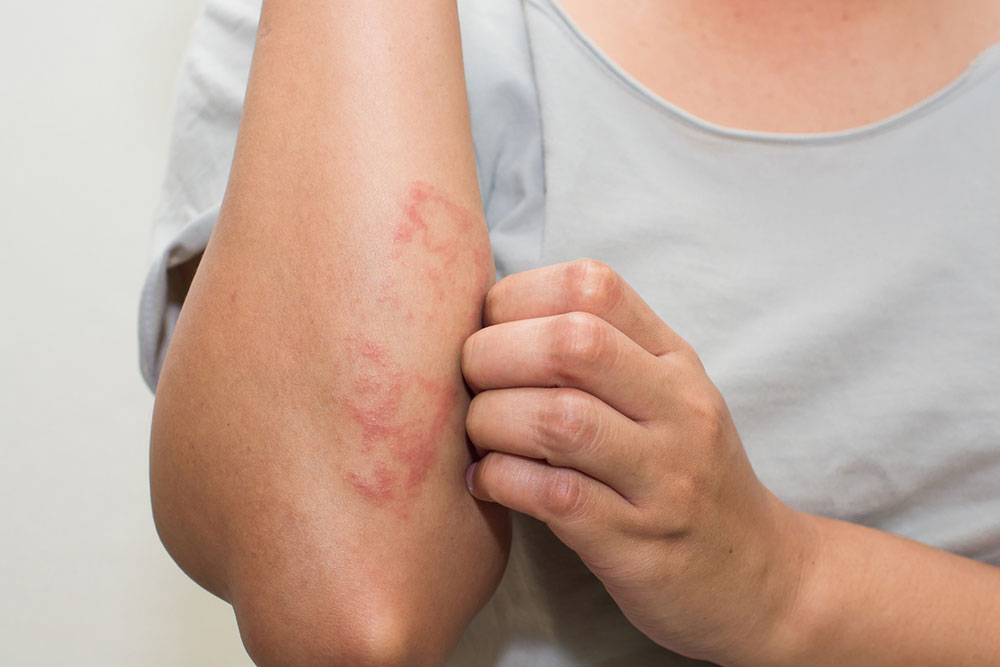Understanding Eczema: Causes, Symptoms, and Management Strategies
This article offers comprehensive insights into eczema, highlighting its causes, signs, and effective management strategies. It covers various factors influencing the condition, including genetic and environmental triggers, and provides practical advice for symptom relief and prevention. Suitable for individuals of all ages, the guide emphasizes skincare routines, lifestyle adjustments, and treatment options to control flare-ups and maintain healthy skin.
Sponsored

Eczema encompasses various skin inflammatory conditions characterized by disrupted skin barrier function. The skin barrier acts as a protective defense against harmful pathogens and toxins. When compromised, the skin becomes dry, sensitive, and vulnerable to infections. Signs include scaly patches, sores, inflammation, and persistent rashes that can affect individuals across all ages.
Root Causes
While the precise cause of eczema remains unknown, several factors have been associated with its development. These include genetic predisposition, immune system irregularities, environmental triggers that sensitize the skin, and deficiencies in skin barrier integrity allowing moisture loss and entry of irritants.
Both inherited traits and environmental influences contribute to eczema risk. Exposure to pollutants, harsh soaps, and skin-care products can cause dryness and irritation. Weather extremes like intense heat and high humidity increase sweating, which worsens discomfort. An overactive immune response may also play a role, especially in individuals with histories of allergies such as asthma or hay fever. Though often improving over time, eczema can sometimes persist for extended periods.
Symptoms and Identification
Symptoms vary with age; common areas include the elbows, knees, neck, face, and around the eyes. Adults may experience more scaly patches and dry skin. Rashes can lead to secondary infections if scratched excessively, increasing inflammation. Diagnosis primarily involves clinical examination of skin appearance and patient history, with additional tests such as allergy skin tests, blood analyses, or skin biopsies if needed.
Types of Eczema: Focus on Atopic Dermatitis
Atopic dermatitis is the most prevalent form, affecting infants, children, and adults. While many children outgrow it or see symptoms improve in adolescence, some cases persist into adulthood. Proper skincare and treatment can effectively manage symptoms, though relapses are common.
Managing and Treating Eczema
Effective eczema treatment includes creams, light therapy, and diligent skincare routines. Avoiding irritants like certain soaps and allergens such as pollen or pet dander is crucial. Managing stress through activities like yoga or meditation can reduce flare-ups. Maintaining skin hydration with regular moisturizing, choosing breathable clothing like cotton or silk, and taking lukewarm baths help prevent outbreaks. Wearing gloves during work and outside, especially in winter, can also protect sensitive skin.






